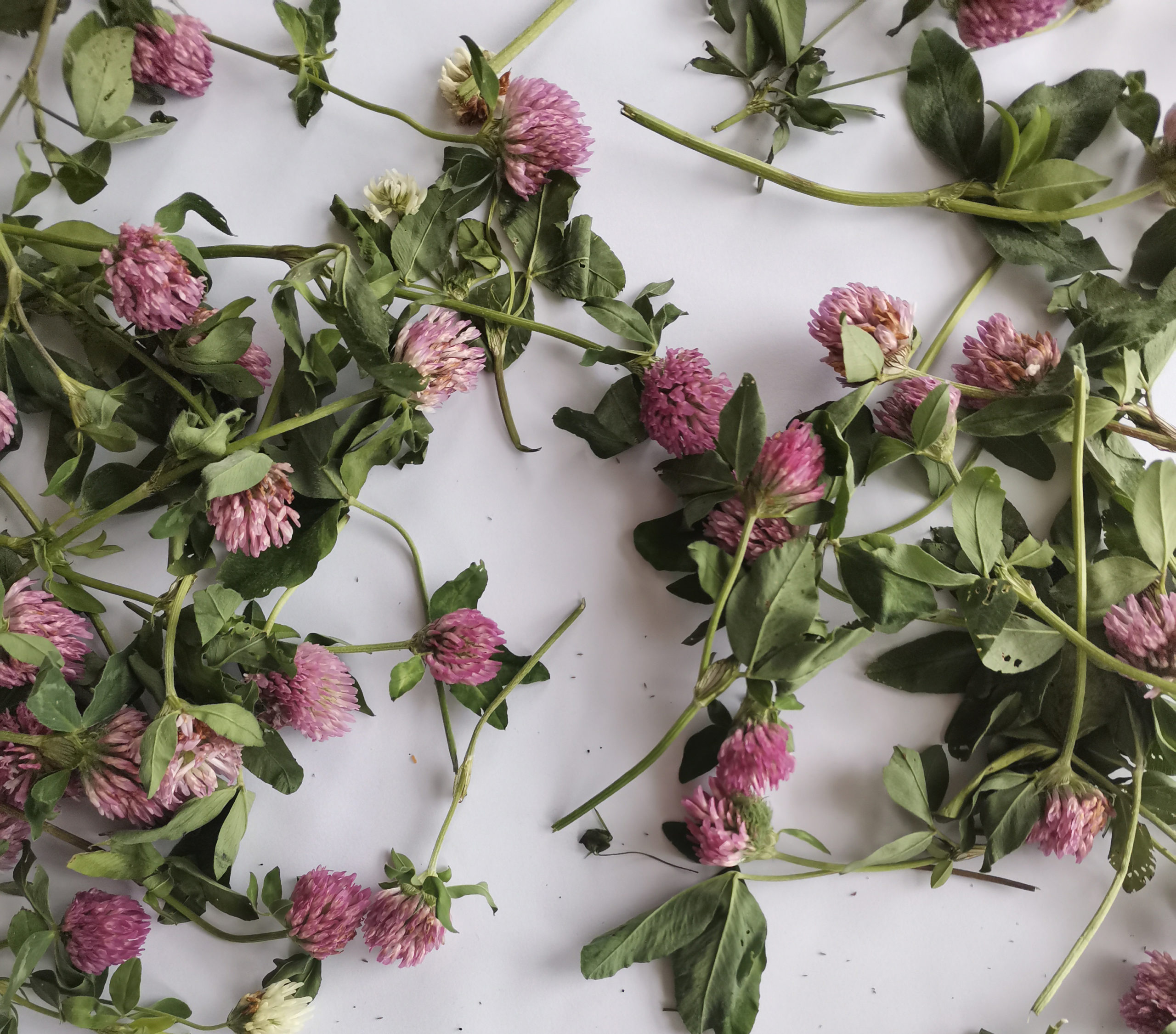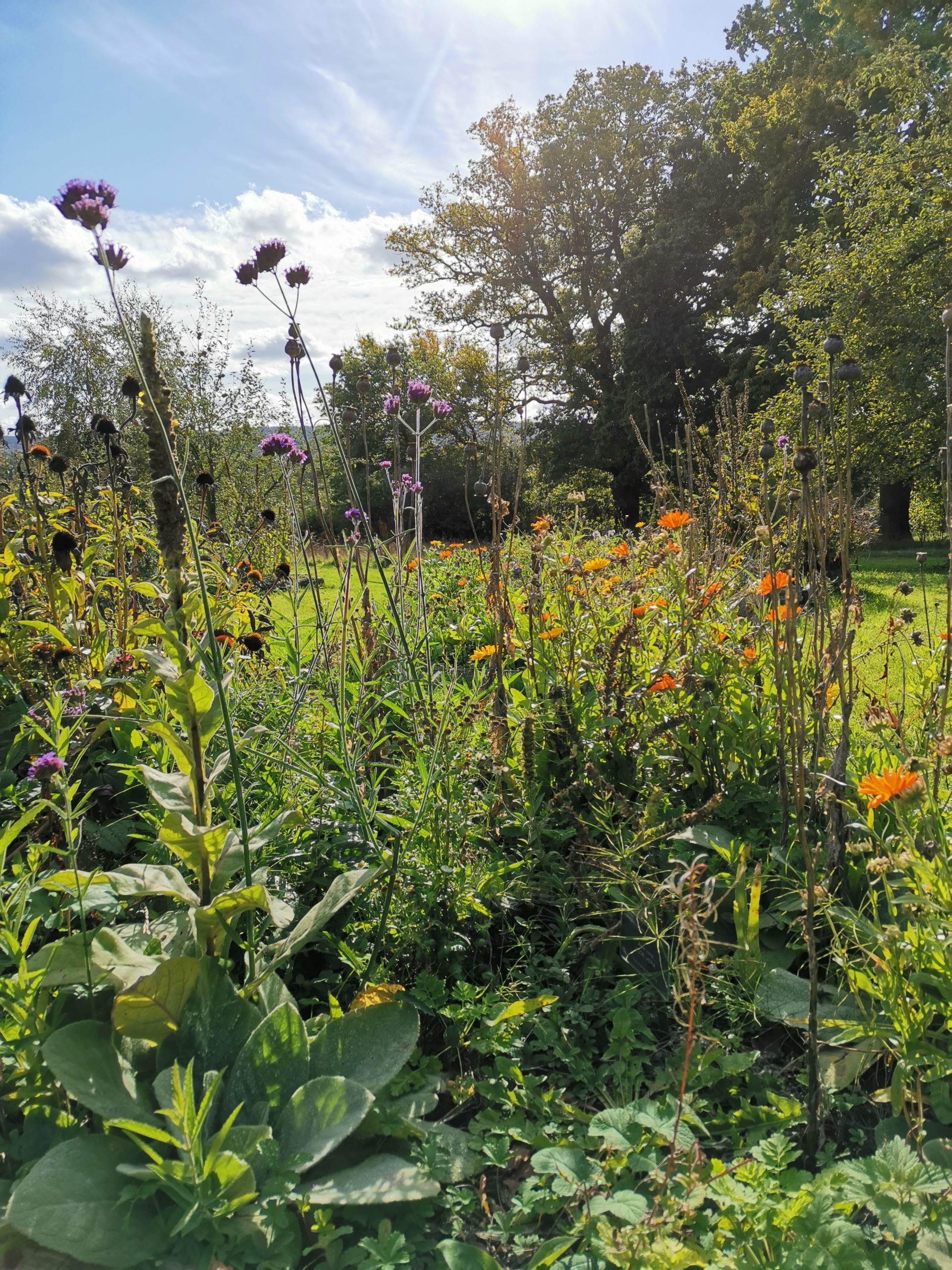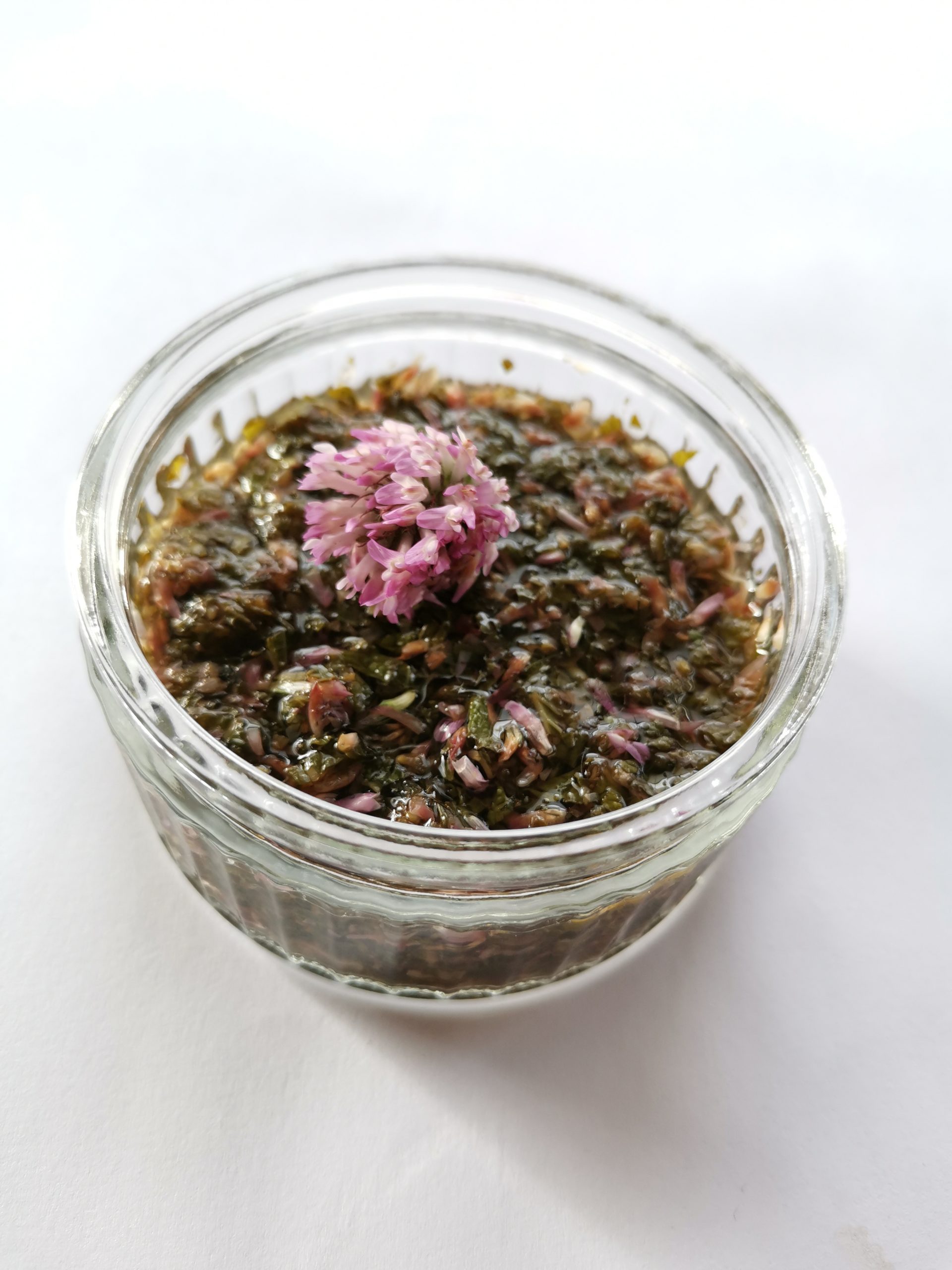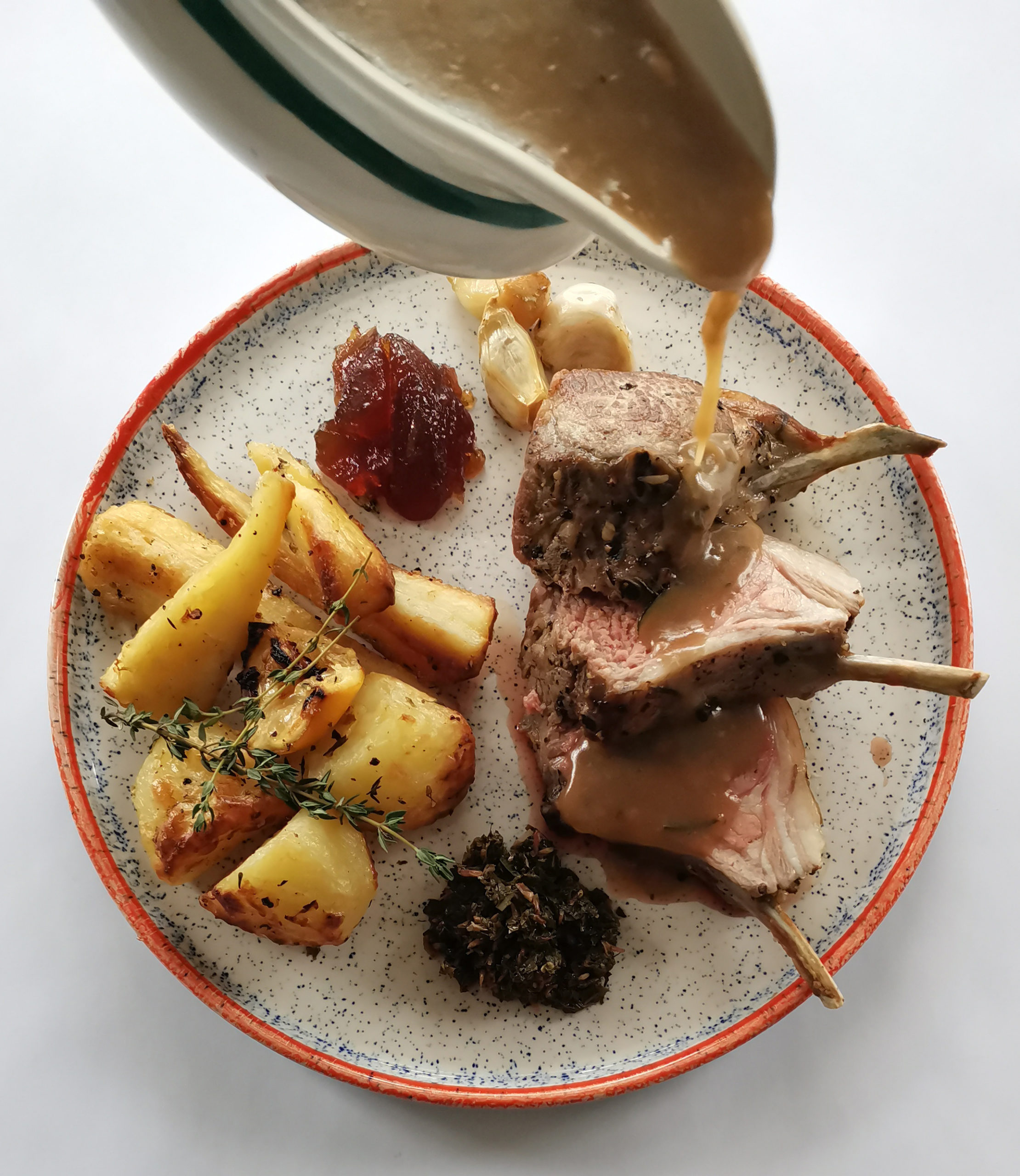As part of our current research project Brexit Banquet, the Center is exploring how farmers, chefs, policy-makers and eaters will adapt to changing realities and flavours of a disrupted food system post-Brexit.
In order to pre-enact a disrupted food system and preemptively—explore, experience and taste—these changes, we have devised 5 dishes that start to sample a future where every aspect of food culture, soil health and agricultural biodiversity will need to be reconsidered, and will be contested in real time.
Lamb for breakfast, lamb for lunch,
lamb for tea, lamb for brunch
During October 2020 Eileen Reiner (Brexit Banquet lead researcher) has been hands-deep in lamb lung, and knee-deep in farmland exploring the boundaries of her own personal culinary norms, getting over some squeamishness, and getting in touch with the current and future food system of Great Britain.
Farm visits, test kitchens and ingredient procurement at local retail outlets have each been opportunities to explore culinary biodiversity – the abundance and distribution of ingredients in and around where I live.


FROM EILEEN’S KITCHEN : LAMB AND FOUR CLOVER
I would like to invite you into my Test kitchen on the South coast of the English Lowlands beech forests ecoregion— to get a sneak peek into the experiments and process of realising these speculative dishes, using what is currently available to me in my local area. The following is the first dish that was prototyped in our research, which may see further refinements in the following months. The third dish on the Brexit Banquet test kitchen menu is Lamb and Four Clover.

The motive:
This dish showcases clover flowers as an exciting new herb as we ‘eat what we eat eats’ in an attempt to get through £500m pounds worth of lamb!
Are we to have lamb for breakfast, lamb for lunch, lamb for dinner, and lamb for dessert in a post Brexit no deal scenario? The UK’s main market for lamb exports continues to be the EU, with over 90% of total UK sheep meat exports going there during 2019. In Fact, many British farmers are reported to be so heavily reliant on trade with the EU that last year it was speculated that in the event of a no-deal Brexit, Boris Johnson was planning to buy almost the entirety of Wales’s slaughtered lambs in an attempt to settle the potential civil unrest in rural areas if farmers were to be faced with expensive new tariffs. £500m worth of lambs to be exact! It seems there may be pressure to up the ante on our consumption! Bucket of fried lamb anyone?

Could a traditional Sunday roast become a daily meal, accompanied by some exciting new herbs and sides to diversify the dish? The very herbs that the lambs graze on themselves…
Clover and other Ley pastures such as Chicory, Ribgrass, Legumes, sainfoin, birdsfoot, trefoil, Clover Peas and beans are increasingly grown up and down the country in Biodynamic farms for livestock to graze on. Could they make their way into our cuisine as foodies and farmers alike turn to these tasty greens, which are key to new farming techniques that replenish our depleted soils and ecosystems that are much needed for an independent Britain?
The procurement:
The first question was where was I going to find fresh clover and what season do they grow? I was invited by a friend to come and visit her at the Biodynamic Botanic Garden at Emerson College and forage some clover from the Biodynamic community farm next to the plot. They had been planted as herbal Leys in their masses. In biodynamics ‘The whole farm, including the garden, is treated as a single organism. Activities are connected and dependant on a symbiotic relationship with the environment.’ Hence the plantation of nitrogen-fixing clovers that aid the animals, the soil, and the insects – especially bees!




I came across a rack of Welsh Lamb in my local supermarket along with the rest of the ingredients.
The plan
Once I got the clover home I started to brainstorm, what I was going to do with them? There are so many ways that one could eat clover. Teas, puddings, sauces, pestos, jams, salads…The original dish idea exemplifies 4 possible ways. For this particular cook I will experiment with two.



My stock was limited as I did not want to take too many flowers. I therefore landed on 2 condiments for now. Swayed by the sweet taste of the clover I decided to make Mint and clover sauce, and clover jelly. Inspired by the classic cranberry jelly and mint sauce enjoyed alongside traditional Sunday roasts…
The cook

The Mint & Clover Sauce:


Making Mint & Clover Sauce:

I started by stripping the mint leaves and flower heads from their stalks and washed them. I lightly steamed the clover flowers in a pot, and steeped the finely chopped mint leaves in boiling water for a few minutes to release the flavour. I then added malt vinegar and sugar to a small bowl and stirred to dissolve the sugar. I then added the drained chopped mint and clover flowers and put the whole concoction in the fridge to let the flavour develop.

The Clover Jelly:

Clover Jelly Process:
The Jelly was pretty easy! I began heating up 2 cups of clover infusion that I had made the night before. I added 4 cups of sugar and 1/4 cup of lemon juice, stirring as it heated. Using my jam thermometer I waited for that infusion to heat to 220 degrees. It was at that point that I added a packet of pectin and stirred letting it boil for two more minutes.

With the condiments prepared and maturing it was time to cook the roast!

The outcome
This turned out to be my favourite dish yet! Being a long time fan of a good Sunday roast, however I may be slightly biased. The lamb chops were cooked to a medium-well done. Succulent and full of flavour, they were a perfect stage to the new sweet accompanying flavour of the clover flower. Together with the mint and herbs the diverse flavours created a fresh sweet and savoury balance.
Whilst ploughing through this dish, I started thinking about all the other edible Leys pastures and what else you could do with them. From chicory to the classic pea there was surely a new recipe book waiting to be written…
In a future where there is an abundance of lambs all over the UK that graze on these mixtures of legumes and grasses, will we support our farmers whilst becoming more aware of food security, healthy livestock and natural capital as we say, ‘Eat what you eat eats!’.
